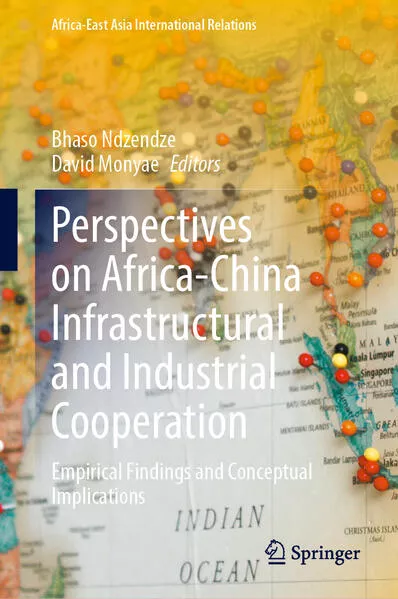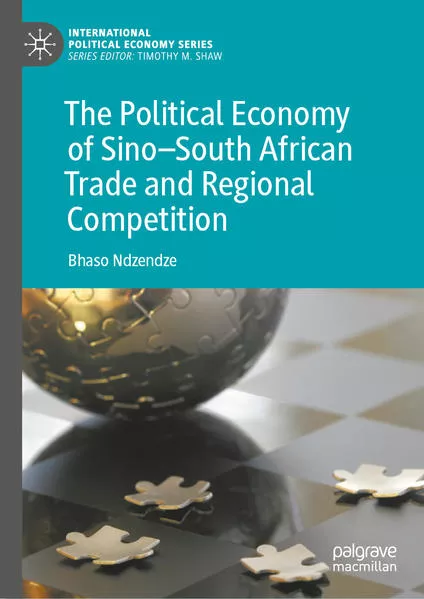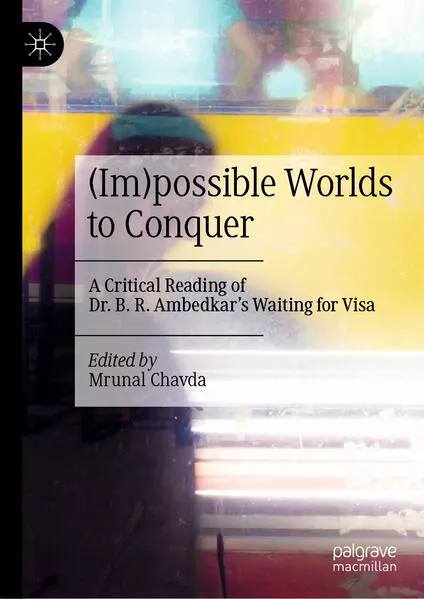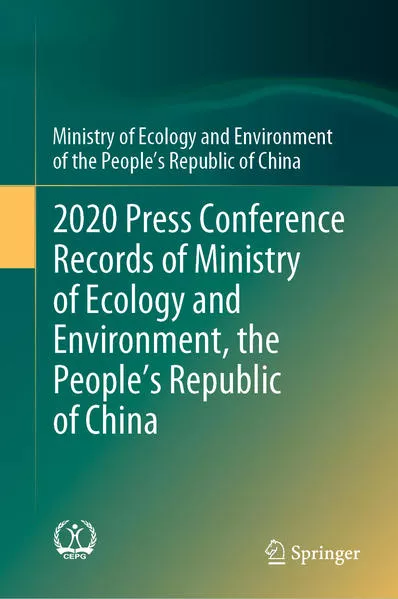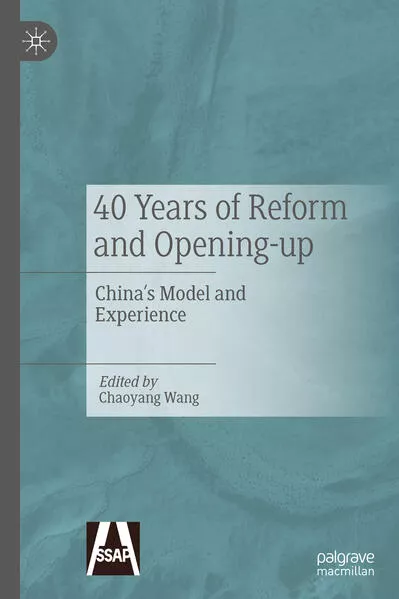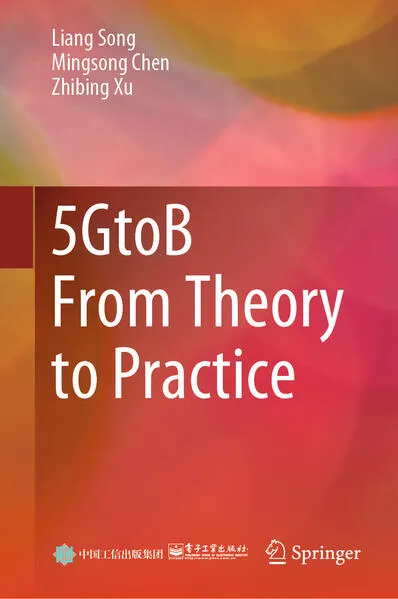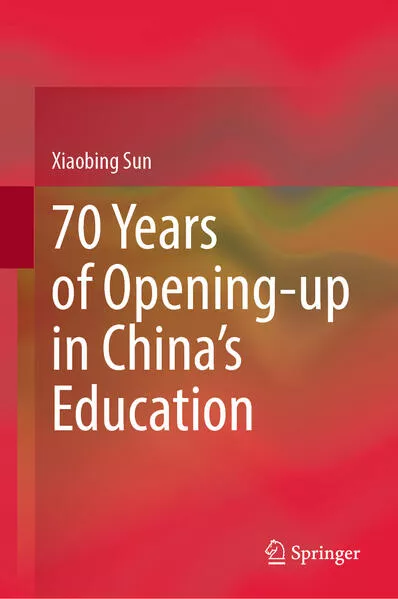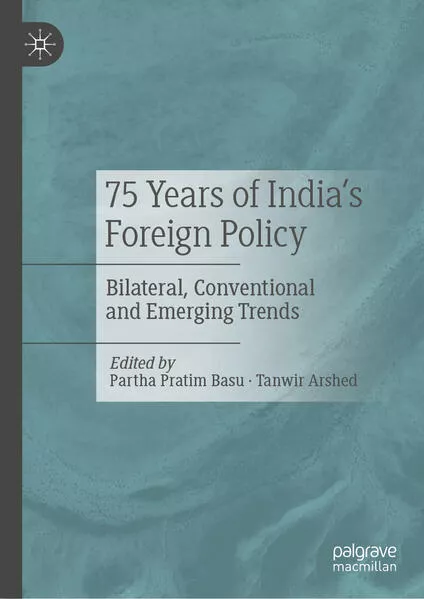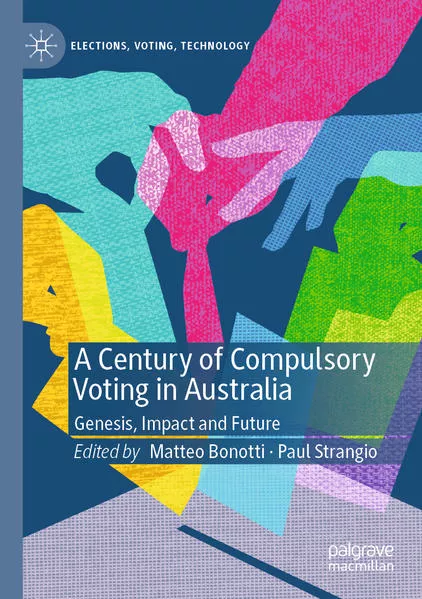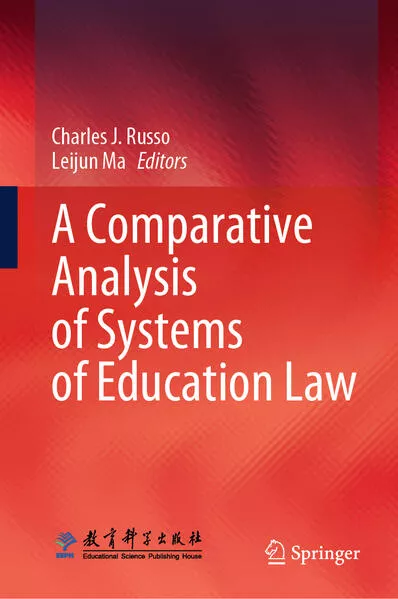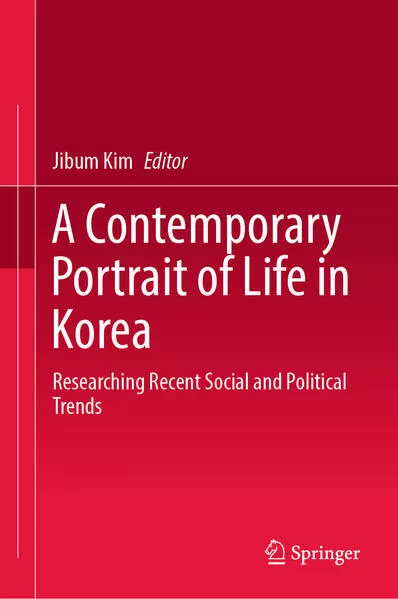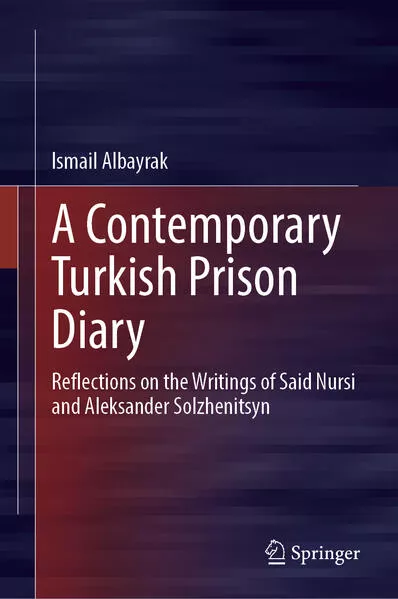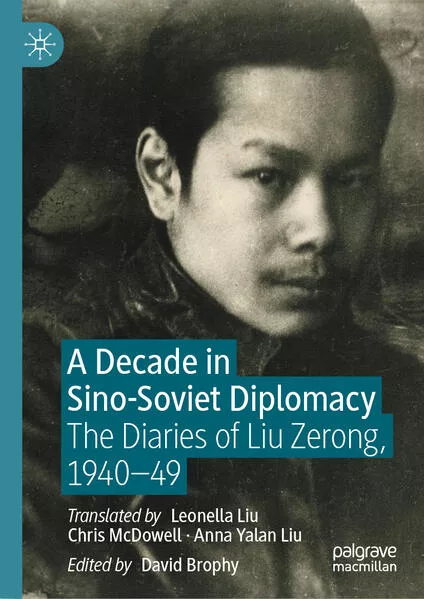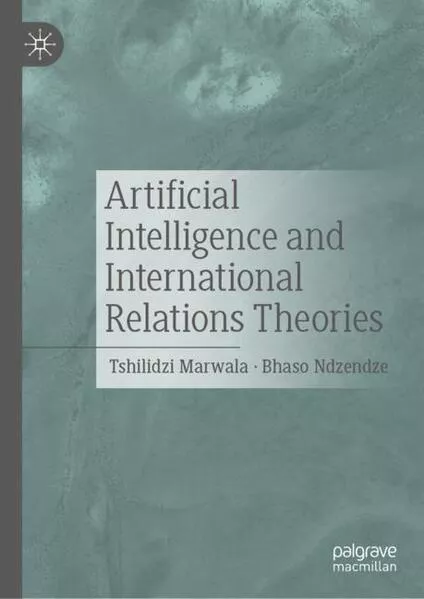
Artificial Intelligence and International Relations Theories
This book discusses the impact of artificial intelligence (AI) on international relations theories. As a phenomenon, AI is everywhere in the real world and growing. Through its transformative nature, it is simultaneously simplifying and complicating processes. Importantly, it also overlooks and “misunderstands”. Globally, leaders, diplomats and policymakers have had to familiarise themselves and grapple with concepts such as algorithms, automation, machine learning, and neural networks. These and other features of modern AI are redefining our world, and with it, the long-held assumptions scholars of IR have relied on for their theoretical accounts of our universe.
The book takes a historic, contemporary and long-term approach to explain and anticipate AI’s impact on IR – and vice versa – through a systematic treatment of 9 theoretical paradigms and schools of thought including realism, liberalism, feminism, postcolonial theory and green theory. This book draws on original datasets, innovative empirical case studies and in-depth engagement with the core claims of the traditional and critical theoretical lenses to reignite debates on the nature and patterns of power, ethics, conflict, and systems among states and non-state actors.
Unterstütze den lokalen Buchhandel
Nutze die PLZ-Suche um einen Buchhändler in Deiner Nähe zu finden.
Bestelle dieses Buch im Internet
| Veröffentlichung: | 25.03.2023 |
| Höhe/Breite/Gewicht | H 21 cm / B 14,8 cm / - |
| Seiten | 165 |
| Art des Mediums | Buch [Gebundenes Buch] |
| Preis DE | EUR 128.39 |
| Preis AT | EUR 131.99 |
| ISBN-13 | 978-9-811-94876-3 |
| ISBN-10 | 9811948763 |
Über den Autor
Bhaso Ndzendze is Senior Lecturer and Head of Department at the University of Johannesburg (UJ) Department of Politics and International Relations. His research on China–Africa relations has appeared in numerous leading journals and books. He was formerly Research Director at the Centre for Africa–China Studies at UJ.
Diesen Artikel teilen
0 Kommentar zu diesem Buch
... weitere Publikationen von Ndzendze, Bhaso
.... weitere Publikationen von Springer Singapore
Kinderbuch »Lasse und Juna - Total versteinert!« – Wikingerabenteuer mit Mut, Freundschaft und Entdeckergeist
Bewerbungsfrist bis zum: 05.03.2026




